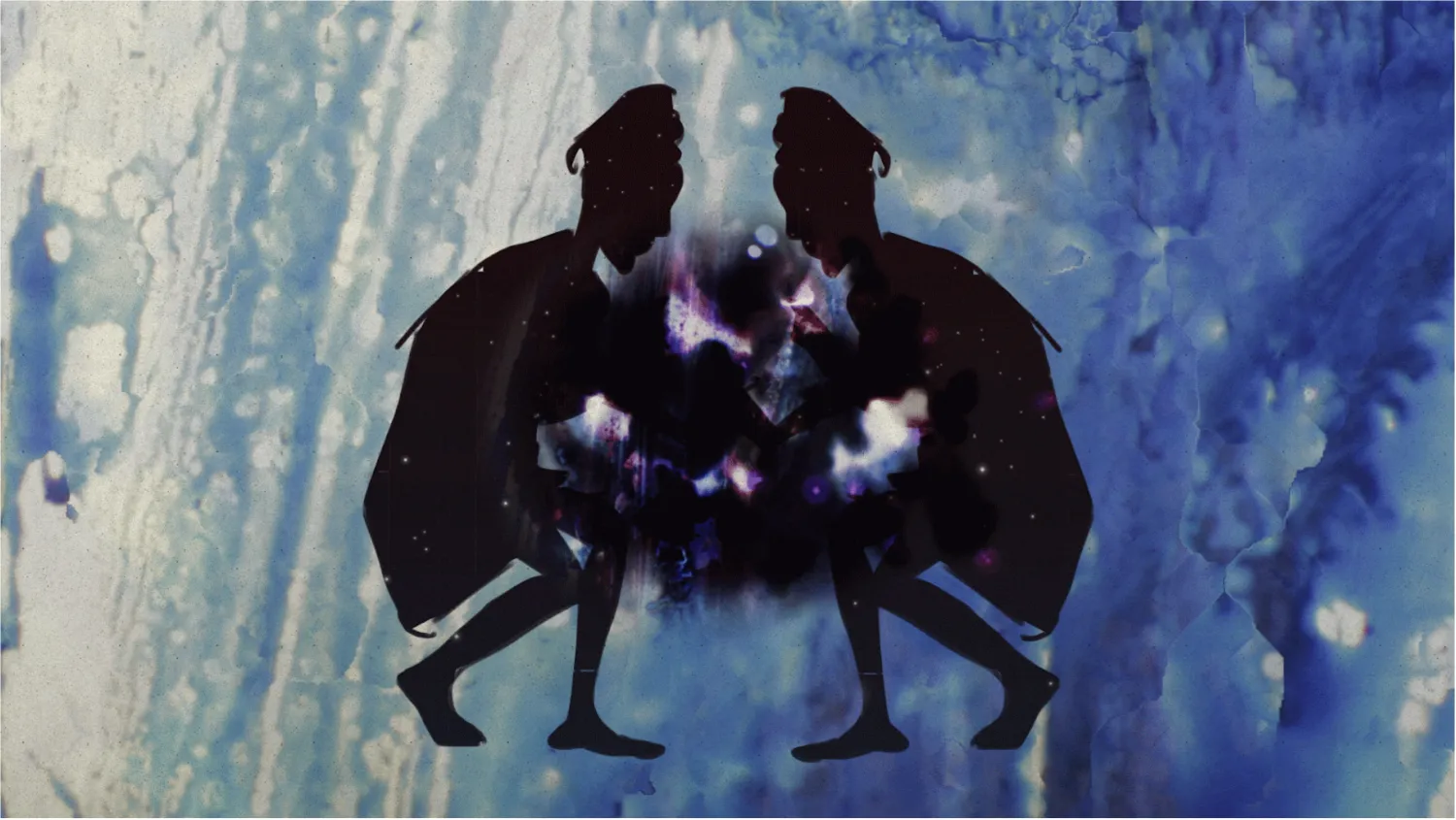Lillian Crawford looks at the origin of cinema in Nigeria and how New Nigerian Cinema is home to the second-largest cinema industry in the world.

While films were made in Nigeria from the early days of cinema, it wasn’t until the country declared independence in 1960 that the country’s film industry began to produce films shot on celluloid by Nigerian filmmakers themselves. The industry began to take off into the 1970s due to an economic boom which saw cinemas begin to appear in Lagos. However, as the naira’s value fell in the 1980s, production equipment became scarce and the developing industry almost ceased to exist again. It was kept alive through the sale of video films in a burgeoning home video market which saw Chris Obi Rapu’s Living in Bondage (1992) become one of Nigeria’s first blockbusters.
This revived interest in cinema made Nigeria home to the second largest cinema industry in the world in terms of output, after India’s Bollywood. The term ‘Nollywood’ is believed to have first appeared in 2002 New York Times articles by Matt Steinglass and Norimitsu Onishi, the foreign origins of which have made the descriptor controversial. It is also suggestive of a centralised industry which fails to reflect the diversity of filmmaking both in Nigeria and across sub-industries of the African diaspora, such as Yoruba-, Igbo-, and Hausa-language films. Since the 2000s, it has been more accurate to term this industry New Nigerian Cinema, moving away from low-budget video films to a modern movie industry, with major hits including The Figurine (2009) and The Wedding Party (2016), both of which set box office records.

In 2021, a UNESCO report identified the interest of Nigerian cinema to major television and streaming services, such as Netflix and Disney+, which could significantly increase industry revenue and thereby the number of jobs it provides. As the mainstream production of movies in Nigeria develops, author, curator, and impact producer Nadia Denton has identified and celebrated a movement she terms ‘Beyond Nollywood’. The phrase describes new wave film content from Nigeria, looking to an emerging generation of directors using documentary, animation, and experimental techniques to produce exciting, arthouse cinema.
Denton draws from Frantz Fanon’s belief that Africa is a place where a new way of seeing the world has emerged to celebrate the films of this Nigerian new wave, including programming a three-day programme of films at the British Film Institute in London. One of the films highlighted is the beautifully titled Green White Green (and all the beautiful colours in my mosaic of madness), directed by Abba T. Makama, which received its European premiere. The film itself tells the story of the boys who set out to make a film inspired by Nigerian history, akin to Makama’s own earlier 2015 documentary Nollywood commissioned and broadcast by Al Jazeera.
Denton describes Green White Green as “an honest and entertaining mirror of Nigeria’s soul bared”. The same descriptor can be applied to a host of recent short films coming out of Nigeria. These include documentaries, such as Tope Oshin’s The Women of Nollywood: Amaka’s Kin which is dedicated to Nollywood Amazon filmmaker Amaka Igwe who died in 2014 to look to other women working in the Nigerian film industry against patriarchal cultural restrictions.
There’s also experimental animation like The Golden Chain by Buki Bodunrin, an Afrofutirst tale set on board a Nigerian space station which oversees the recreation of the universe’s birth. The film is a collaboration between Bodunrin and graphic novelist Ezra Claytan Daniels, creating a fluid and dynamic art piece which moves between different modes of expression to explore the boundaries of humanity.
There are also more straightforward dramas including Udoka Oyeka’s No Good Turn, which examines the aftermath of a Boko Haram terrorist attack from the perspective of a doctor in a local hospital, and Michael Omonua’s Rehearsal about a miracle healing. These films are increasingly gaining recognition on the international festival stage, and providing a different perspective on filmmaking in Nigeria which moves beyond what has come to be identified as ‘Nollywood’.
